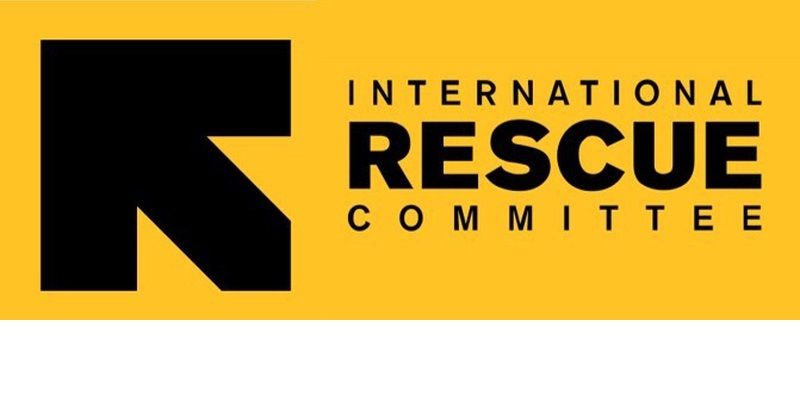- 980 suspected cases of cholera were found across the country in just the first two weeks of January, indicating a 48% increase compared to the same period in 2023.
- More than half of the cases reported were from Hiraan region (524).
Since January 2024, several districts in Somalia have been significantly affected by the cholera outbreak. More than half of the cases reported in January were from Hiraan region, primarily due to an outbreak in Beledweyne. The outbreak then spread across the region, impacting Bula Burte and Jalalasi in particular, as well as Jowhar in the neighboring Middle Shabelle region. The severity of the situation calls for immediate action to curb the further spread of the disease. A national Cholera Task Force has been activated, which is urgently seeking funding to scale up cholera response activities in affected regions.
The Somali population has already been grappling with the impact of recent floods impacting thousands of families and destroying farmlands. In 2023, Somalia faced a 15% increase in suspected cholera cases compared to 2022, reaching a total of 18,304 from January to December—an alarming rise from the previous year. Of great concern is the impact on the most vulnerable, with at least 10,000 cases affecting children under five years old.
Richard Crothers, IRC Somalia Country Director said:
“The IRC, in collaboration with partners, is working tirelessly to provide medical treatment, clean drinking water, and proper sanitation facilities to the affected population in the most affected districts across Hiraan. These communities have been disconnected from accessing essential healthcare services as the El Niño rains caused flooding leading to the river overflowing, causing mass displacement as the affected families moved to high ground. While the rains have currently stopped, it remains extremely difficult to reach villages on the outskirts.
The situation demands a unified and concerted effort to contain the outbreak, mitigate its impact, and ensure the provision of essential healthcare services to affected populations. Communities hit by the outbreak are already in a vulnerable position, as they have yet to recover from the El Niño phenomenon, which brought extensive damage to infrastructure, including homes, roads, and vital services across the country, and particularly in the Hiraan region. After an unprecedented drought in 2022-23 which killed 43,000 people, followed by devastating floods which has so far killed about 118 people and displaced 649,000 people, nearly a quarter of Somalis (3 million people) are experiencing hunger and malnutrition. This underscores the profound impact of climate change on the country’s health infrastructure.”
The IRC began working in Somalia in 1981 in the aftermath of the Somalia-Ethiopia conflict. Over the years operations faced several interruptions due to insecurity and civil unrest but has been operating continuously since 2007. The IRC is operational in the main areas of concern including Banadir, Puntland, South-West, Jubaland and Hirshabelle states, and is continuing to support families with healthcare for malnourished children, unconditional cash transfers to help people quickly get the support they need, rehabilitation of boreholes and water sources as well as mobile health services to reach deeper into hard hit areas.
Media contact

